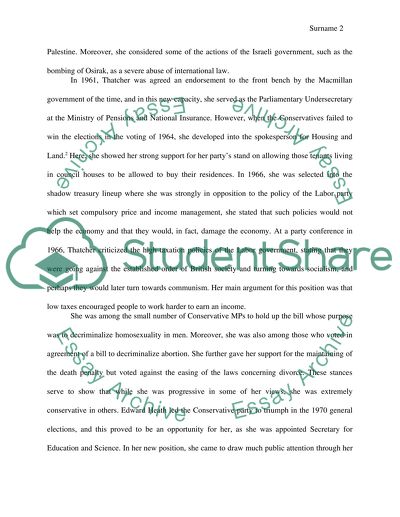Cite this document
(“Margaret Thatcher and her political career Term Paper”, n.d.)
Margaret Thatcher and her political career Term Paper. Retrieved from https://studentshare.org/history/1403057-margaret-thatcher-and-her-political-career
Margaret Thatcher and her political career Term Paper. Retrieved from https://studentshare.org/history/1403057-margaret-thatcher-and-her-political-career
(Margaret Thatcher and Her Political Career Term Paper)
Margaret Thatcher and Her Political Career Term Paper. https://studentshare.org/history/1403057-margaret-thatcher-and-her-political-career.
Margaret Thatcher and Her Political Career Term Paper. https://studentshare.org/history/1403057-margaret-thatcher-and-her-political-career.
“Margaret Thatcher and Her Political Career Term Paper”, n.d. https://studentshare.org/history/1403057-margaret-thatcher-and-her-political-career.


